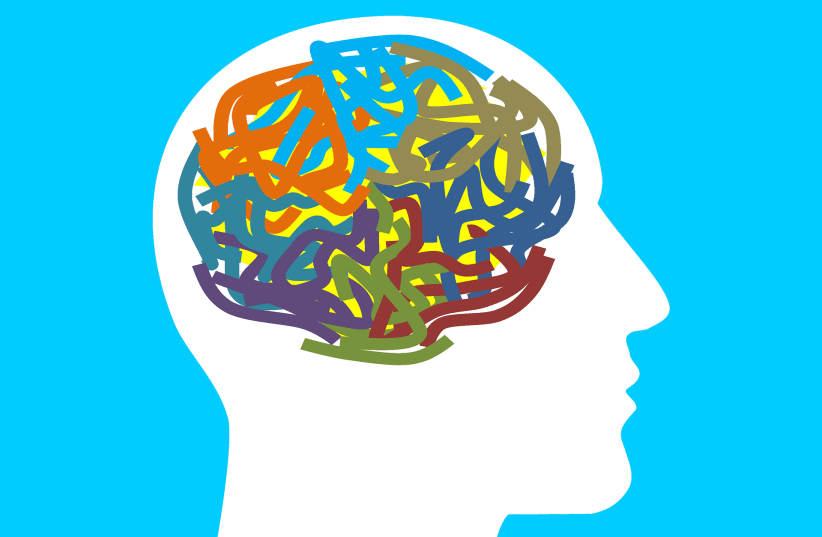The lives of humans, as well as of other animals, can be very challenging and upsetting. One way to make life easier is to surround ourselves with people who understand us and help us process the unpleasant things we face and must deal with. This ability is called empathy and isn’t specific to people — Other mammals in the wild display it. The same ability greatly affects survival, health and mental stability but as we will soon understand, it can also be dangerous.
A new study published in February 2022 presents the seemingly positive trait in a new and interesting light. To understand the conclusions, it’s worth noting the various components of empathy. In general, this feature can be divided as follows:
- Cognitive empathy: The ability to understand other people's feelings without feeling them for ourselves.
- Effective empathy: The ability to feel what people are going through as if we’re experiencing it ourselves.
- Compassion: This is a skill that consists of combining the other two abilities, that is, the ability to understand and identify with the feelings of others.
All human beings are located at different points on the broad scale of empathy across all three components. For example, if we see a person who’s in pain, we may be able to explain to ourselves why he’s in pain, but we’ll feel less of his pain in ourselves. It could be that we have compassion without understanding exactly what he’s going through, and it could just be that it would hurt us and we couldn’t explain why. It’s possible, of course, that we'll understand, identify and express compassion, but this isn’t as obvious as one thinks..In the recent study, they analyzed a particular type of empathy that has so far not been fully explored. Researchers have called this "Dark Empathy." In their view, empathic people, whether they understand the feelings of others or even identify with them, can be very dangerous if they possess one of the personality structures defined in psychology as the "dark trio."

The same dark trio includes people with narcissistic, psychopathic or Machiavellian character traits. Machiavellianism is a professional term used to describe unscrupulous, manipulative, deceitful and cunning people.
People who belong to the same infamous trio in many cases don’t feel empathy. In the current study, in which they performed psychological assessments per 1000 people, they identified that about 13% of the participants were of a "dark" nature and had a low level of empathy. Thirty-four percent of participants were defined as “typical” with average levels of empathy and dark traits, while 33% had high empathy and a low level of dark traits.
Yet, the main and most interesting conclusion in the study is related to a fourth group that hasn’t been analyzed in depth. The researchers called these people "dark empaths" and noted that they made up 20% of all study participants. According to them, the empathy of those people was higher than average and was expressed both on the cognitive level and on the emotional level.
And why is it so dangerous? Because it will be much easier for these people to exploit and hurt without others around them even realizing it. "In a way it makes sense, because in order to manipulate others for personal gain, or in extreme cases even to enjoy their pain, one must have the ability to understand them," the researchers noted.
More dangerous than physical violence
When researchers analyzed those "dark empaths," they found that relatively, they show lower levels of aggression and violence. Many were also well aware of their negative traits and even testified that they didn’t like these sides themselves. Some even testified that they suffer from self-loathing, which also adversely affects their attitude toward others.
However, the high awareness, experts explain, isn’t reflected in the attitude they actually give to those around them. Dr. Ramani Durvasula, a clinical psychologist who wasn’t involved in the study, explained this in an article for Psych Central: “Dark empathy can be more destructive than colder and less sensitive personality structures. Such a person can pull you closer and cause more harm and suffering as a result. The closer you are to someone, the more power you have to hurt them.”
The new findings, experts hope, will help shed new light on how we analyze empathy and relate to empathic people. Of course, the vast majority of those with high empathic abilities will also be more sensitive, inclusive and considerate but it’s important that we know that this isn’t always the case and empathy in the wrong hands can also become a weapon.
